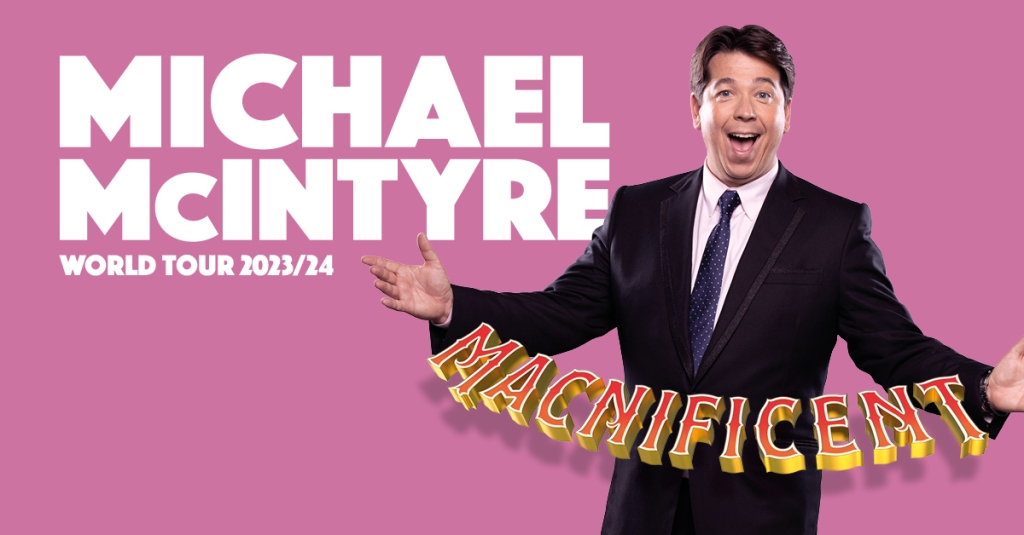This week’s letter to my Ohio friend Don Tassone is inspired by a a great standup comedy show.
Hi Don,
My brother Frank, who died exactly 20 years ago this year, was a gifted after-dinner speaker, in demand from cricket clubs in particular (he was a very good cricketer). He had great ability to tell not-very-wonderful jokes and make them funny, simply through timing. I used to joke with him that I could never retire from teaching until he’d taught me enough jokes to fill a departure speech. Frank kept trying, but when I re-told his jokes, they always seemed leaden coming from me.
Being witty is one thing; being funny when the audience has turned up expecting you to be funny is altogether another. Standup comedians take their lives in their hands every time they step on stage, and it’s little wonder that so many feel just one step away from deep depression, or worse. The fear of ‘dying’ must be visceral.
Incredibly, neither Katherine nor I had never been to a live standup show in our lives together we attended Michael McIntrye’s show in the monstrous Press & Journal Live arena in Aberdeen last Wednesday. The ‘P&J’ is a conference centre with seating for 15,000 or more, and the star of the show himself was just a tiny dot in the distance. Thank heavens for the big screens.

It’s possible that you’ve heard of Michael McIntyre. He’s fantastically successful here in the UK – never off the television. In the US, he’s presented an NBC quiz show called The Wheel that we have here, too. I imagine you’d like him, because his humour doesn’t in any way depend on swearing or offensive language. Michael McIntyre’s shows are very much family Saturday night viewing.
McIntyre was terrific on Wednesday night, too. We had a great time, laughed out loud a lot, and 90 minutes passed very quickly. I’m always amazed that comedians can remember all their jokes.
My brother Frank taught me that there are essentially two types of comedian – or, in his case, after-dinner speaker. Old-fashioned comics have a huge bank of quick-fire jokes, often as many 20,000, on which they draw to put together a show lasting as long as required. It doesn’t really matter if they forget a joke or two, because they know so many that they can always tell some others instead. Many of these were music-hall comics, and audiences might even try to remember one or two jokes to tell their friends at work in the following days. You’d know the type – mother-in-law jokes, Scotsman/Englishman/Irishman jokes, or perhaps things like
A horse walks into a bar. The barman says, “Why the long face?”
Two former astronauts bump into each other in the street. “How you doing?” asks one. “A bit spaced out, to be honest,” says the other.
You’d associate the likes of Groucho Marx or Bob Hope with those sort of one-liners.
Around fifty years ago, a newer style of comedy began to appear. These were the ‘raconteurs’, comedians who told a proper story, interspersed with funny observations from life, eventually ending up with some sort of punchline. Billy Connolly structured his show that way, but even he acknowledges his debt to an Edinburgh comedian called Chic Murray. They tell stories, often with little asides and extra observations on life, each leading up to some punch line at the end. An entire comedy gig might only consist of a dozen of these, perhaps.
These days, almost every modern standup uses the raconteur approach. What I learned from my brother Frank was that all comics – or after-dinner speakers – really need to learn are a series of punch lines. How you get to the punch line each time doesn’t really matter, and you can tailor it to your audience – in fact, all the best comedians do tailor their rambling stories to their audiences.
Of course, there’s always something in this life that you’ve fogotten about. Here’s a piece of classic comedy that’s neither a series of one-liners, nor a series of stories. I defy anyone not to laugh now and again during this famous sequence.
Until the next time,
Best wishes, Gordon
*The Michael McIntyre image is of course copyright, but since it’s advertising, I don’t imagine he’ll mind.